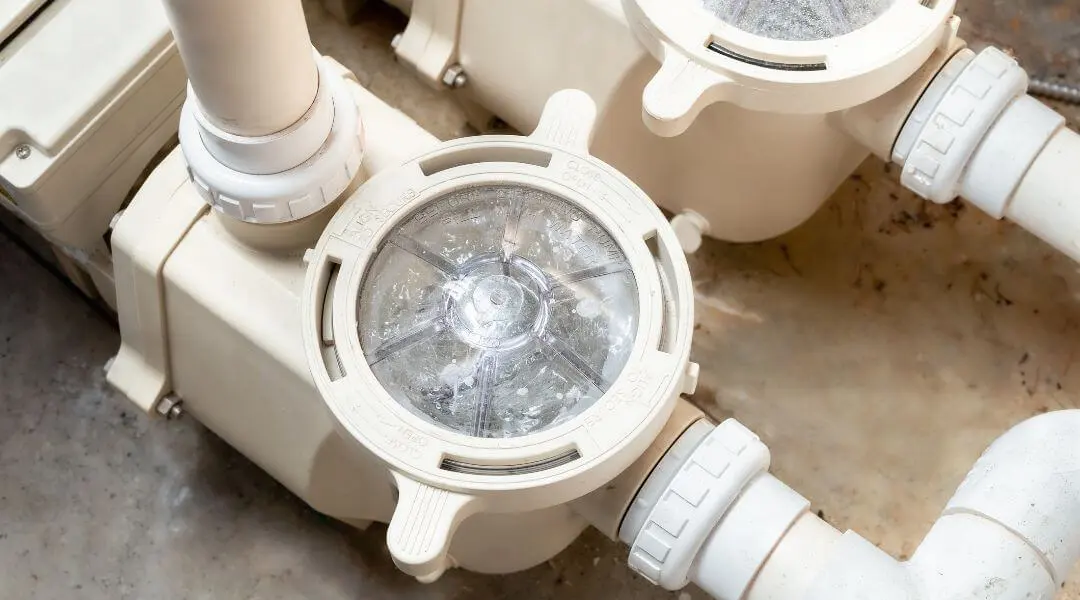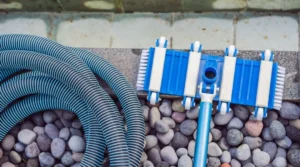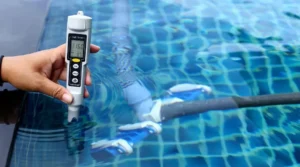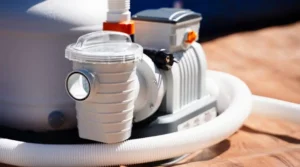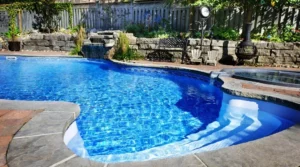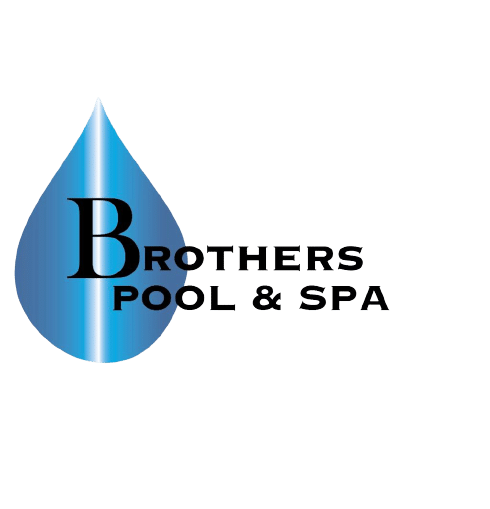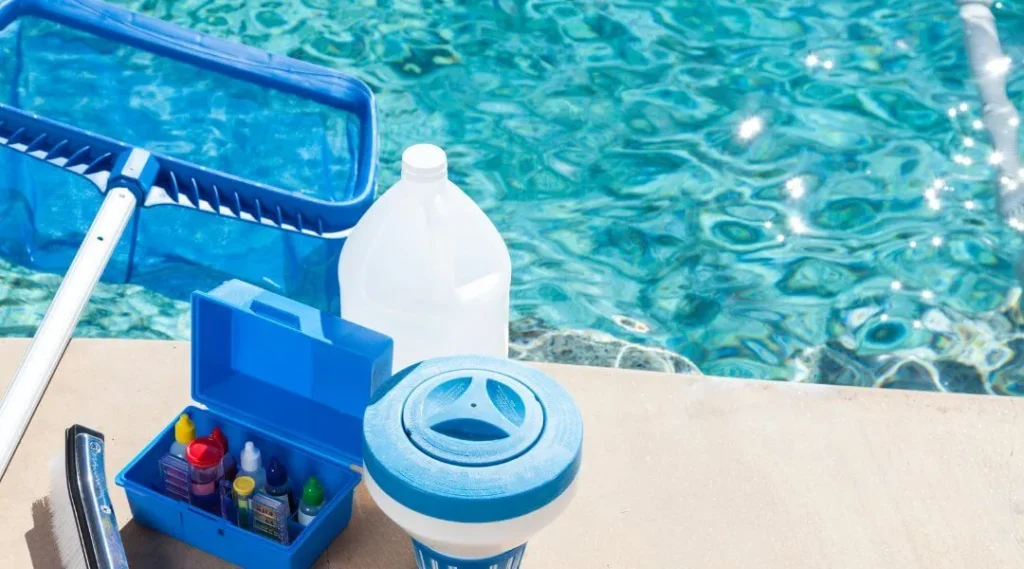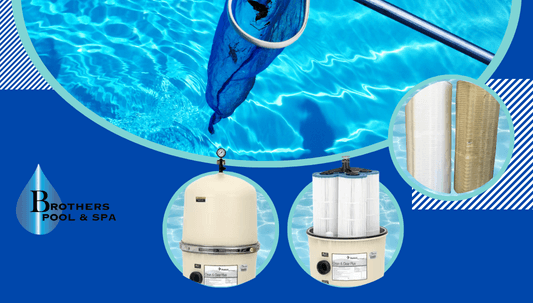A well-functioning pool pump is the heart of any swimming pool, ensuring proper water circulation, filtration, and overall maintenance. However, even the most robust pool pumps can encounter issues. In this comprehensive guide, we’ll delve into common Pool Pump Repair problems that pool owners face and provide practical solutions to keep your pool in top condition.
Importance of a Functioning Pool Pump
Your pool pump plays a crucial role in maintaining water quality, clarity, and energy efficiency. When the pump is working optimally, it ensures proper water circulation, preventing stagnation that can lead to issues like algae growth and uneven chemical distribution. Additionally, an efficient pump contributes to energy savings, keeping your operational costs in check.
Common Pool Pump Problems
Lack of Water Circulation
If you notice reduced water circulation in your pool, it could be due to a variety of issues. Clogged filters and air leaks are common culprits. Check for signs such as debris in the pool, uneven water distribution, or the presence of air bubbles in the pump basket.
Causes
- Clogged Filters: Over time, filters can accumulate debris and impede water flow. Regular cleaning is essential to prevent this issue.
- Air Leaks: Air leaks in the suction side of the pump can disrupt the pumping process. Inspect connections and seals for potential leaks.
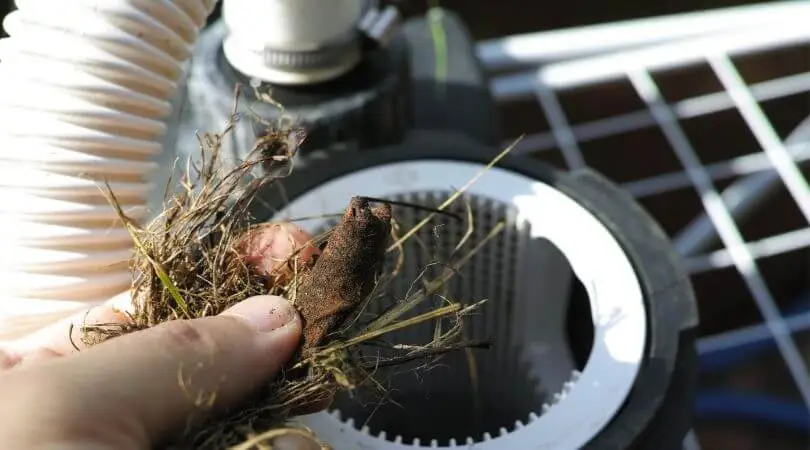
Importance of Addressing Circulation Issues Promptly
Addressing circulation problems promptly is vital to prevent further complications. Stagnant water can become a breeding ground for algae and bacteria, impacting water quality and clarity. Regularly check and clean filters to ensure optimal water flow.
Strange Noises or Vibrations
Unusual sounds or vibrations emanating from your pool pump may indicate underlying issues. Identifying and addressing these problems promptly can prevent more significant damage.
Identifying Different Sounds and Vibrations
- Grinding Noises: This may indicate debris in the impeller. Turn off the pump and inspect the impeller for any obstructions.
- Vibrations: Loose components, such as bolts or nuts, can cause vibrations. Regularly tighten these components to maintain smooth operation.
DIY Troubleshooting Steps
- Inspect Impeller: Turn off the pump and inspect the impeller for any debris. Remove any obstructions carefully.
- Tighten Loose Components: Regularly check and tighten loose components, such as bolts or nuts, to prevent vibrations.
Pump Not Priming
Priming is a crucial step in ensuring your pool pump operates efficiently. If your pump is having difficulty priming, it could lead to poor water circulation and potential damage to the pump.
Definition of Priming and Its Significance
Priming involves filling the pump and suction lines with water to facilitate the pumping process. Proper priming ensures that the pump can efficiently move water through the system.
Reasons for a Pump Not Priming
- Air in the System: Air trapped in the pump or suction lines can prevent proper priming. Check for air leaks and address them promptly.
- Low Water Level: Insufficient water in the pool or skimmer basket can hinder the priming process. Maintain an adequate water level for optimal pump performance.
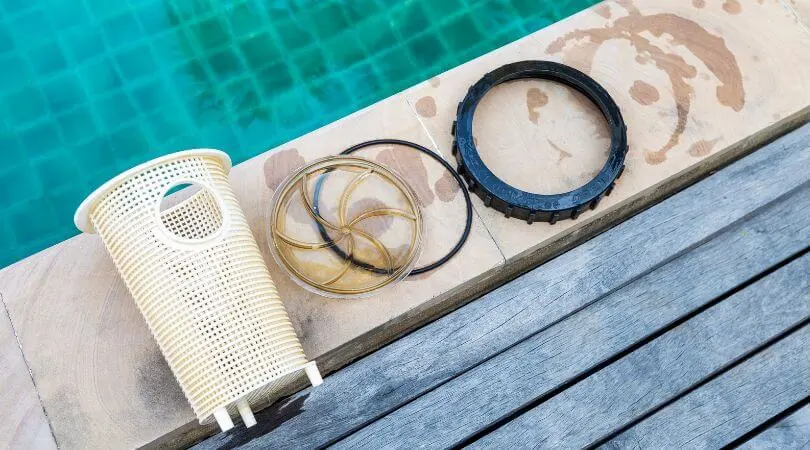
Step-by-Step Guide to Priming a Pool Pump
- Turn off the pump: Ensure the pump is switched off before attempting to prime it.
- Remove pump lid: Open the pump lid to access the basket and impeller.
- Fill the basket with water: Use a hose to fill the basket with water, ensuring there are no air gaps.
- Replace the lid: Securely close the pump lid, making sure it forms a tight seal.
- Turn on the pump: Switch on the pump and monitor the water flow to confirm successful priming.
Priming your pool pump is a simple yet crucial task that ensures optimal performance and prevents issues related to poor water circulation.
Leaks Around the Pump
Leaks around the pump can lead to water wastage and potential damage to the pump and surrounding areas. Identifying and fixing leaks promptly is essential for maintaining a well-functioning pool pump.
Types of Leaks
- Pump Housing Leaks: Cracks or damage to the pump housing can result in water leaks. Inspect the pump housing regularly for any signs of deterioration.
- Connection Leaks: Loose or damaged connections can lead to water leaks. Check all connections, including hoses and fittings, for signs of leaks.
Locating and Fixing Leaks
- Inspect Pump Housing: Carefully inspect the pump housing for any visible cracks or damage. If identified, consider replacing the pump housing.
- Tighten Connections: Check all connections for tightness. Use appropriate tools to tighten any loose connections.
Importance of Addressing Leaks Promptly
Promptly addressing leaks is crucial to prevent water wastage, potential damage to the pump, and the surrounding area. Regularly inspect the pump and its connections for any signs of leaks during routine maintenance.
Pump Motor Issues
The pump motor is a critical component of your pool pump, and issues with the motor can impact its overall performance. If you encounter problems such as the motor not starting or overheating, it’s essential to diagnose and address the issues promptly.
Motor Not Starting or Overheating
If your pump motor fails to start or overheats during operation, several factors may be contributing to the problem.
Causes
- Capacitor Issues: The capacitor provides the initial boost of power to start the motor. A faulty capacitor can prevent the motor from starting.
- Electrical Problems: Issues with the electrical supply or wiring can lead to motor failure.
Troubleshooting and Repair Options
- Inspect Capacitor: Check the capacitor for any visible signs of damage, such as bulging or leaking. If identified, replace the capacitor with a compatible one.
- Check Electrical Connections: Ensure all electrical connections are secure and free from damage. Consult a professional electrician if you suspect electrical issues.
Consider Professional Assistance to Pool Pump Repair
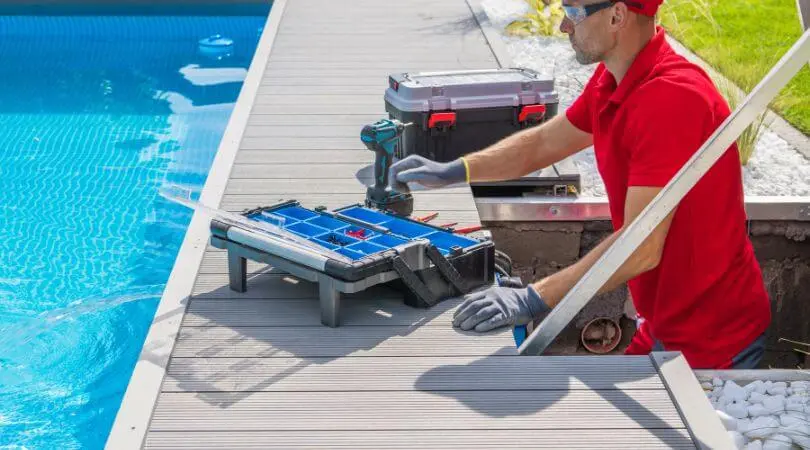
While some motor issues can be addressed through DIY troubleshooting, it’s advisable to seek professional assistance if you encounter persistent problems. A certified pool technician can conduct a thorough assessment and recommend the appropriate repairs or replacements.
Preventive Maintenance Tips
Regular maintenance is key to preventing pool pump problems and ensuring the longevity of your equipment. Incorporate the following preventive maintenance tips into your routine to keep your pool pump in optimal condition:
Regular Inspection Routines
- Visual inspections: Regularly inspect the pump, motor, and connections for any visible signs of wear, damage, or leaks.
- Check for unusual sounds: Listen for any unusual sounds during pump operation, as they may indicate underlying issues.
- Monitor water circulation: Observe the water circulation in the pool to ensure it remains consistent. Address any changes promptly.
- Inspect electrical components: Check wiring, connections, and electrical components for signs of wear or damage.
Cleaning and Replacing Filters
- Regular filter cleaning: Clean or backwash your pool filter according to the manufacturer’s recommendations. This helps maintain optimal water filtration.
- Replace worn-out filters: If your pool filter has reached the end of its lifespan, replace it with a new, compatible filter to ensure efficient filtration.
Lubricating Pump Parts
- Apply pool-safe lubricant: Regularly apply pool-safe lubricant to o-rings, gaskets, and seals to prevent friction and ensure a proper seal.
- Lubricate moving parts: If your pump has moving parts, such as bearings, follow the manufacturer’s guidelines for lubrication.
Professional Servicing Recommendations
- Schedule regular professional servicing: Consider scheduling annual or bi-annual professional servicing to assess the overall condition of your pool pump.
- Consult a certified pool technician: If you encounter persistent issues or are unsure about DIY troubleshooting, consult a certified pool technician for expert advice.
Conclusion
In conclusion, maintaining a well-functioning pool pump is essential for the overall health of your swimming pool. By understanding common pool pump problems and implementing proactive solutions, you can ensure efficient water circulation, optimal filtration, and a trouble-free pool experience.
Remember, while DIY troubleshooting can address many pool pump issues, it’s always advisable to seek professional assistance for complex repairs or if safety concerns arise. If you’re looking for reliable pool maintenance services, consider reaching out to our experienced team for a personalized quote. Keep your pool in top condition, and enjoy a refreshing and hassle-free swimming experience!
